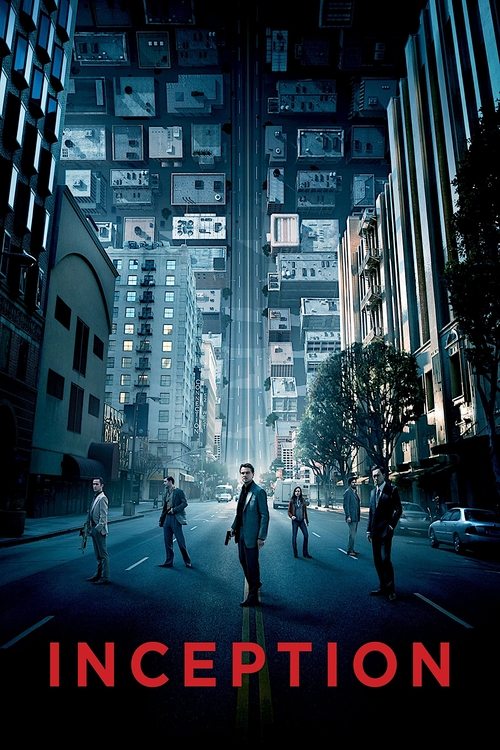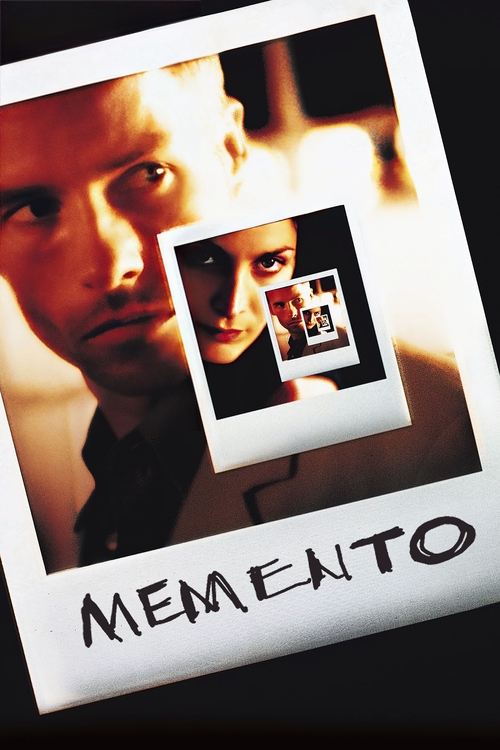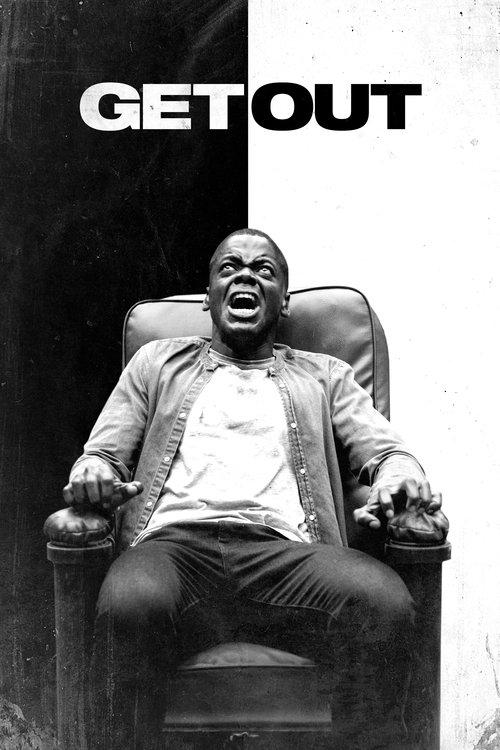Modern Psychological Thrillers
Mind games and manipulation
Modern psychological thrillers delve deep into the darkest corners of human consciousness, manipulating audience perception while exploring themes of identity, reality, and mental instability.
The psychological thriller genre experienced a significant renaissance in the 1990s with films that challenged traditional narrative structures. David Fincher's "Fight Club" (1999) revolutionized the genre by employing unreliable narration and fractured storytelling to explore masculine identity crisis and consumer culture. The film's innovative cinematography by Jeff Cronenweth used desaturated colors and strategic lighting to create a world that feels simultaneously real and dreamlike. Similarly, Christopher Nolan's "Memento" (2000) deconstructed linear storytelling through its reverse chronology, forcing viewers to experience the protagonist's anterograde amnesia firsthand. These films established a new template for psychological thrillers that prioritized mental manipulation over physical threats.
The 2010s saw directors like Denis Villeneuve and Darren Aronofsky pushing psychological thrillers into more sophisticated territory. Villeneuve's "Enemy" (2013) uses doppelgängers and surrealist imagery to explore identity and subconscious desires, while his "Prisoners" (2013) examines moral degradation under extreme circumstances. Aronofsky's "Black Swan" (2010) merges psychological horror with artistic ambition, using subjective camera work and practical effects to blur the line between reality and delusion. These films demonstrate how modern psychological thrillers increasingly rely on sophisticated visual language and metaphorical storytelling to create uncertainty and dread.
The influence of Korean cinema has significantly shaped modern psychological thrillers. Park Chan-wook's "Oldboy" (2003) and Bong Joon-ho's "Parasite" (2019) demonstrate how complex character psychology can drive intricate revenge plots and social commentary. These films excel at combining psychological manipulation with visual storytelling, using architecture and space as metaphors for mental states. The success of these films has encouraged Western directors to embrace more ambiguous narratives and morally complex characters, as seen in films like Jordan Peele's "Get Out" (2017), which uses psychological horror to examine racial anxiety.
The role of technology in psychological manipulation has become a central theme in contemporary thrillers. Charlie Brooker's "Black Mirror" series and films like "Ex Machina" (2014) explore how digital technology affects human psychology and relationships. Alex Garland's direction in "Ex Machina" uses sterile modernist architecture and precise framing to create an atmosphere of psychological containment and surveillance. These works reflect growing anxieties about artificial intelligence and digital manipulation, while films like "Searching" (2018) experiment with telling psychological stories entirely through digital interfaces.
Female-driven psychological thrillers have emerged as a powerful subgenre, often exploring themes of gaslighting and societal pressure. Gillian Flynn's "Gone Girl" (2014), adapted by David Fincher, deconstructs marriage and media manipulation, while "The Girl on the Train" (2016) examines unreliable narration through the lens of addiction and trauma. These films frequently challenge traditional gender roles and explore how psychological manipulation intersects with societal expectations of women.
More Ideas

Shutter Island
(2010)
A U.S. Marshal investigates a psychiatric facility with mounting paranoia
Streaming on Netflix

Nightcrawler
(2014)
An ambitious videographer manipulates crime scenes for news footage
Streaming on Prime Video

Inception
(2010)
Dream infiltrators attempt an impossible mind heist
Streaming on HBO Max

Mother!
(2017)
A couple's relationship is tested by mysterious strangers in their home
Streaming on Prime Video








